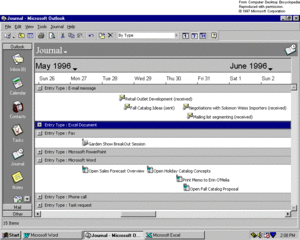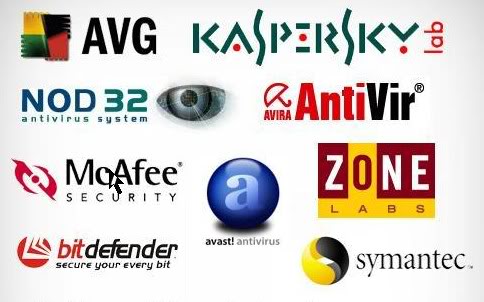
Our Property Management system’s iterations look like DOS and Outlook 97’s love child. It’s ugly. It’s loaded with features that are cumbersome and counter intuitive. The accountants, of course, love it.
“If you say GL I say Entry… GL, Entry, GL, Entry!”
For those leasing agents and managers misfortunate enough to have to use it’s graphical user interface satanical design, it’s a brutally frustrating experience.
Most of us aren’t accountants.
Our property management system was designed around accountants. I hear we aren’t alone. The problem with this approach is that accountants aren’t the driving force behind the renting, and so tasks that should be simple, such as viewing a resident’s rent, are overly complicated and require basic knowledge of credits and debits. And although our system does handle the full range of accounting tasks with aplomb, it isn’t web based and relies too much on outdated technology. So, some time ago, while discussing the future of our software systems, we realized it might be time to look around.

The grass isn’t greener on the other side.
Over several months, we researched the systems in the marketplace and what we found was shocking. We’re a medium sized property management company, and we quickly realized that there wasn’t a single system that made sense for us. The only user experience I saw, that reminded me of what decade we were in, was AppFolio. The others were too complicated, with too many options, that you can tell were built for property management companies whose unit counts are so large, they fluctuate daily.

We learned that our data wouldn’t really be ours anymore, as we’d be forced to pay extra fees to be able to access it, or not access it at all. I’d heard people complain that some systems seemed slow, and I got confirmation of that during one demo, when the salesman chuckled “… running a little slow today!”. Then the bombshell – the cost. Before we even added a portal site, lead tracking, online applications, maintenance program, and a purchasing system, we’d be looking at a cost increase of 600%. If this cost increase could be justified with major NOI increases, we’d be on board, but the increased value of these systems is not six fold. Sure ours is clunky, but it does work.
The consensus I’ve heard, is that the overall software experience stinks.

Over the years, I’ve spoken to many people in this industry about their Property Management system, and it’s rare to hear praise. I’ve heard complaints, ranging from little to no access to their data, to customer service problems, to being difficult to use and integrate. As an industry, how did we get here?
It’s partially our fault. The end goal of every property management company is to rent their apartments… right? What I find amazing is the different roads we take to get there. We can’t even agree on terminology; Is it a prospect card or a guest card? We constantly ask these software companies to change this, tweak that, add this, or reinvent that because “We don’t do it like everyone else”. So the software companies, over the years, have obliged us. The result is what you see today. Bloated, feature too-rich, property management systems that still have the look and feel of their original release. What got lost is the re-imagining, the future proofing, the real innovations that got them to the top of the heap. Steve Jobs once said, “For something this complicated, it’s really hard to design products by focus groups. A lot of times, people don’t know what they want until you show it to them.”
Maybe the new players can shake things up a bit.
I like what AppFolio is doing, and even though, in my opinion, they don’t have enough features to meet the needs of a medium to large property management company yet, I like their focus on the site personnel experience and their monthly update cycle. Entrata has created great awareness this year with their excellent marketing campaign, and we can only hope, they don’t fall into the trap set by the existing models.
Our Utopian needs.
As an industry, our current selection isn’t good enough. We want easy access to our data, we want an intuitive, future proof system that is platform independent, which shouldn’t require months of training, and we want it for a reasonable cost. Is that too much to ask, or are we the victim of our own individual needs, and get what we deserve?
What do you think?






